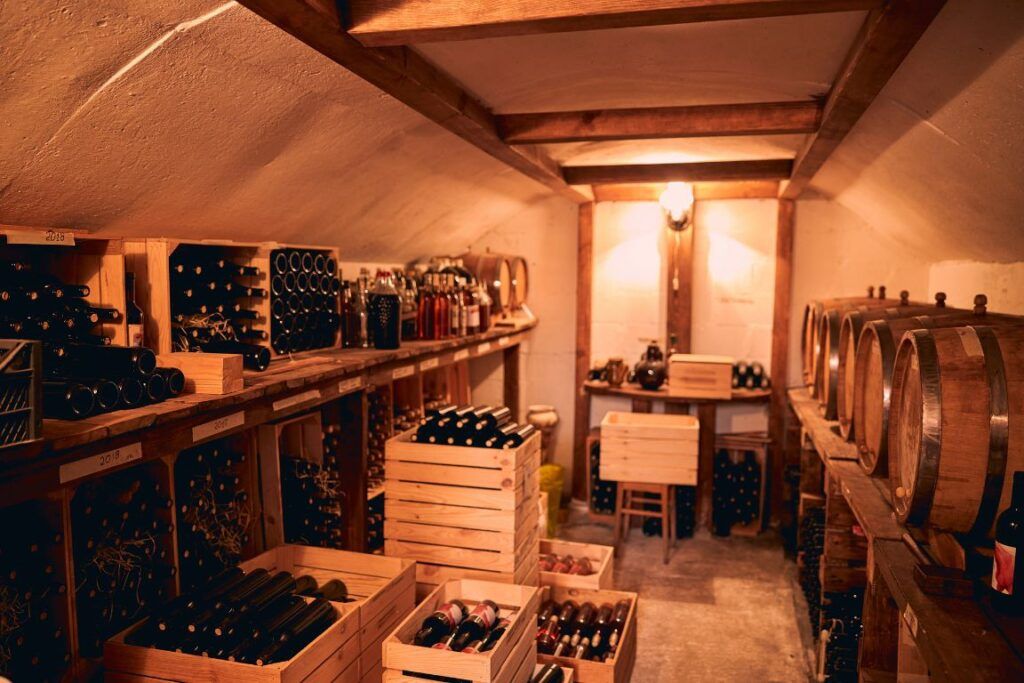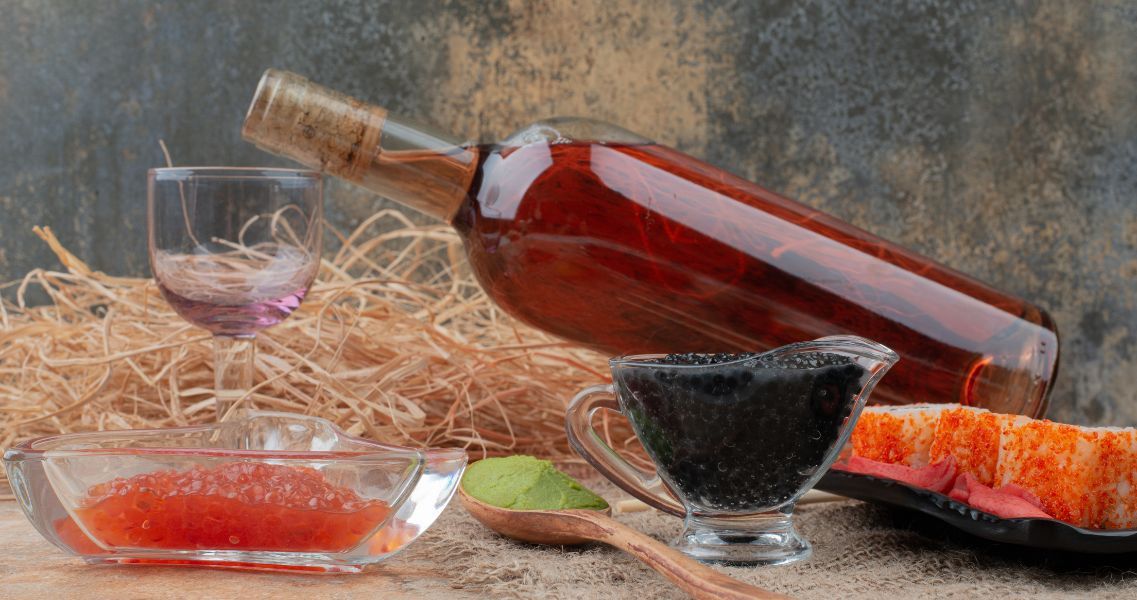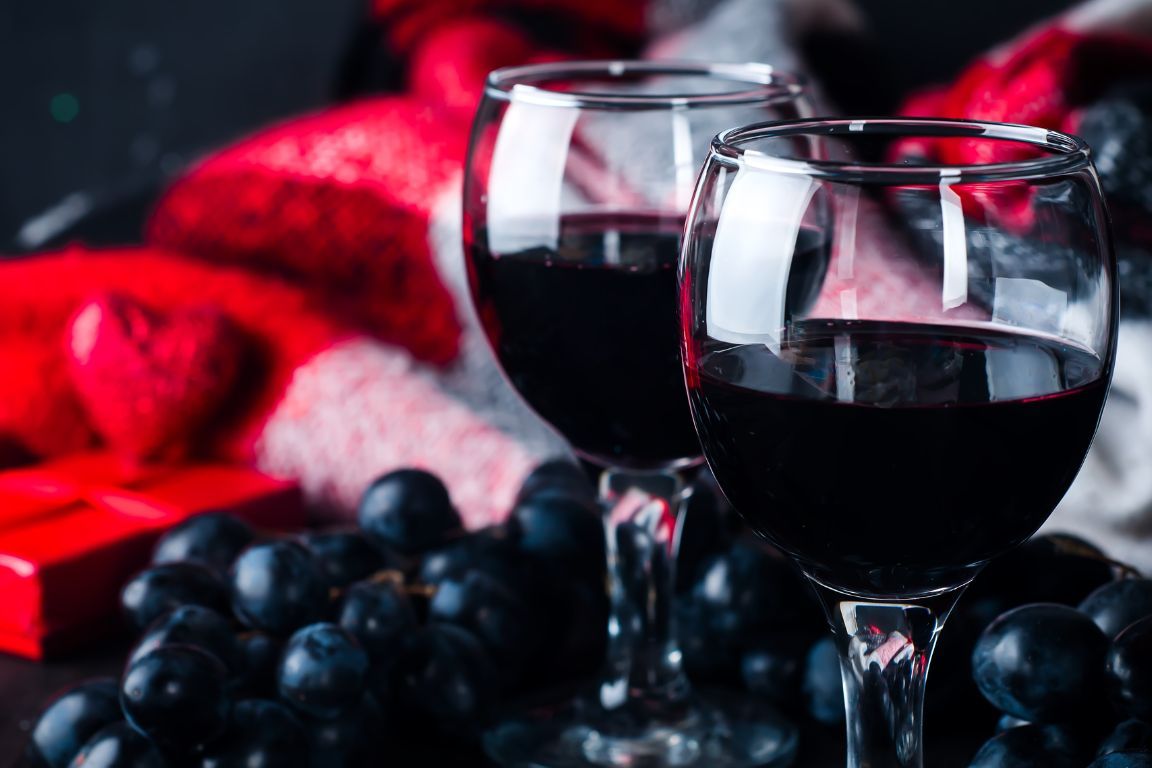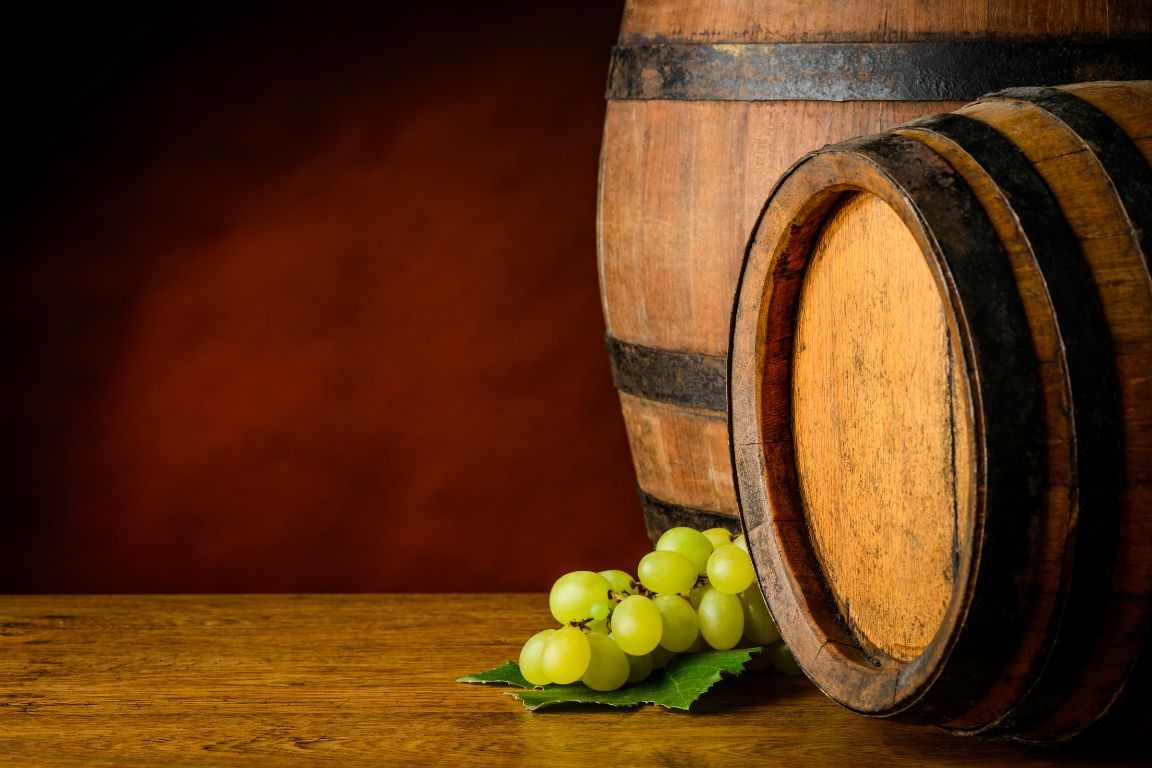Have you ever wondered how long an unopened bottle can really last? The shelf life of wine is not a fixed rule—it depends on the type, style, and how it has been stored since bottling. While it’s often assumed that all wines improve with age, the reality is much more complex.
If you’re unsure which varieties are worth aging or how to store them, at Excellent Cork, as wine cork manufacturers, we explain what influences its longevity, which types are ideal for aging, and how to tell if a wine is still drinkable.
How long can bottled wine last?
The lifespan of bottled wine depends on several factors such as its type, production method, and storage conditions. While there are exceptions, most wines are made to be consumed within a specific timeframe.
Some can only last a few years before deteriorating, while others can evolve well for decades. The wine’s aging potential is linked to its structure, acidity, tannin concentration, and other factors affecting its long-term stability.
Estimated lifespan by wine classification
The time wines can stay in good condition can be estimated by their commercial classification, often tied to aging time and complexity.
For example, a crianza wine generally lasts longer than a young wine, but less than a gran reserva. Therefore, the estimated time depends on its classification:
Young wines
Young wine is intended to be consumed within a short period. Its optimal lifespan is between one and three years after bottling. These wines are fresh and fruity, typically not aged in oak.
In this case, storing them longer doesn’t improve their qualities and may even cause them to lose aroma and character.
Crianza wines
Crianza wine undergoes a maturation process that includes time in barrel and bottle before release. Its lifespan can reach between 5 and 10 years if stored properly.
Reserva and Gran Reserva wines
These are specially selected wines for aging. Reserva wines can last over 15 years, while Gran Reserva wines can easily exceed 20 years. They have greater structure, body, and potential to evolve in the bottle.
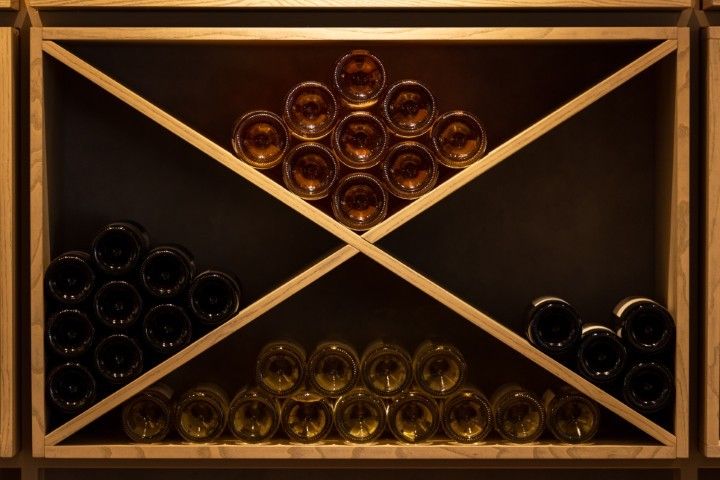
Ideal conditions for long-term wine storage
Knowing how long a wine lasts is just as important as knowing how to store it. Even a bottle with great potential can spoil if stored improperly.
To extend its lifespan, certain factors must be taken into account:
- Proper temperature and humidity:
The ideal environment for storage has a constant temperature between 12 and 16 degrees Celsius. Avoid sudden changes, as heat accelerates wine aging and can damage it.
Humidity should also be consistent, between 60% and 70%, to prevent the cork from drying out and allowing oxygen in.
- Position and light protection:
Wines should be stored horizontally so the liquid stays in contact with the cork, keeping it elastic.
It’s also important to keep them in dark or dimly lit places, as direct light negatively affects their components.
At Excellent Cork, we develop sealing solutions that maximize wine preservation. Discover our range of wine corks, ideal for maintaining the balance and flavor of bottled wine—even over time.
Which wines are suitable for long-term aging?
The aging potential varies by wine style. In general, those best suited for long-term storage are:
- Red wines with high tannin content, such as Cabernet Sauvignon, Nebbiolo, or Syrah.
- White wines with acidity and structure, like Riesling or oak-fermented Chardonnay.
- Vintage sparkling wines, especially those with long aging processes.
- Fortified wines, such as port or sherry, whose wine shelf life can exceed 30 years.
Want to learn more about the technical details that ensure quality in our manufacturing process? Visit our quality and control section and discover how we ensure the best sealing for every type of wine.
How to know if a wine has passed its prime?
Even under good storage conditions, the wine’s lifespan has a limit. Recognizing the signs that a bottle is no longer fit to drink helps avoid disappointment.
- Visual and olfactory indicators:
The first sign of deterioration is a change in color. In reds, a dull brown hue may indicate oxidation, while in whites, a dark yellow or amber tone can be a warning.
On the nose, vinegary or musty odors are signs that the wine is no longer good.
- Changes in taste and texture:
When a wine loses structure, it becomes flat, lacking acidity and freshness. It may have a short or bitter finish. Often, the fruity flavors disappear, leaving unbalanced or stale notes.
Frequently asked questions about wine preservation
Do all wines improve with time?
Not all wines improve with time. Only a small portion is designed to evolve over years. Most are meant to be enjoyed soon after release, and storing them too long may diminish their qualities.
For example, boxed wine has a much shorter shelf life. Though it can stay fresh for a few weeks after opening, it’s not intended for long-term storage.
Is it okay to store wine at home without a proper cellar?
Yes—provided some conditions are met. A wine fridge or a cool, dark space can be enough for acceptable storage.
Specialized cellars are not always necessary for preserving bottles for a few years.
How does the type of closure affect wine longevity?
The type of cork directly affects wine longevity. Natural cork allows controlled oxygenation, which supports proper bottle aging.
High-quality synthetic corks, like those developed by Excellent Cork, are a reliable alternative, offering a consistent seal and avoiding problems like premature oxidation or cork taint.
What’s the difference between aging red and white wines?
Red wines usually have greater aging potential thanks to their high tannin content. However, certain white wines—especially those with high acidity—can also age very well.
Is it safe to drink a wine after many years?
Drinking wine after many years of storage can be safe depending on its preservation and type.
If it has been stored under good conditions and belongs to a category suitable for aging, it’s likely still drinkable. When in doubt, open the bottle and smell it before deciding.

